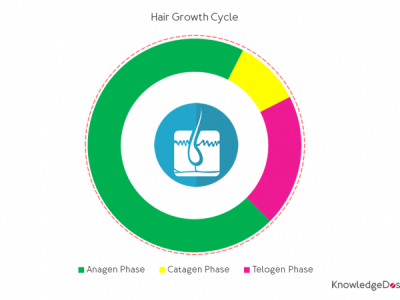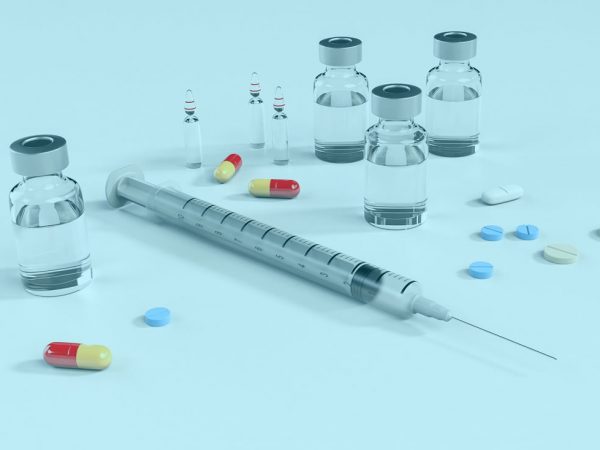Secondary hypertension is hypertension due to an identifiable cause, which may be treatable with an intervention specific to the cause; it can be found in approximately 5-10% of patients diagnosed with hypertension.1-2
Listed below are some of the causes of secondary hypertension.
Renal causes
- Renal parenchymal disease: polycystic kidney disease, diabetic nephropathy, obstructive uropathy, glomerulonephritis and chronic pyelonephritis
- Renovascular disease: renal artery stenosis and fibromuscular dysplasia
Vascular causes
- Coarctation of the aorta
Endocrine causes
- Cushing’s syndrome/disease
- Primary aldosteronism
- Phaeochromocytoma/paraganlioma
- Hyperthyroidism
- Hypothyroidism
- Hyperparathyroidism
- Acromegaly
Inherited causes
- Liddle syndrome
- Apparent mineralocorticoid excess
- Gordon syndrome
- Geller syndrome
- Glucocorticoid-remediable hypertension
Other diseases/conditions/causes
- Obstructive sleep apnoea
- Pregnancy
- Scleroderma
- Systemic lupus erythematosus (SLE)
- Polyarteritis nodosa
- Retroperitoneal fibrosis
Drugs causing hypertension (drug-induced hypertension)
In addition to the above diseases and conditions that can cause secondary hypertension, there are some drugs that can cause secondary hypertension too. Listed below are some examples of these.1-3
- Alcohol
- Caffeine
- Herbal supplements e.g. ginseng, liquorice, St John’s wort, ephedra (ma huang), yohimbine
- Illicit drugs e.g. cocaine, ecstasy, methamphetamine
- Oral contraceptives, hormone replacement therapy (HRT), oestrogens
- Androgens
- Corticosteroids e.g. dexamethasone, fludrocortisone, hydrocortisone, methylprednisolone, prednisolone
- Immunosuppressants e.g. ciclosporin
- Anti-vascular endothelial growth factor (anti-VEGF) drugs e.g. bevacizumab
- Tyrosine kinase inhibitors (TKIs) e.g. sunitinib, sorafenib
- Ketoconazole
- Erythropoietin
- Leflunomide
- Non-steroidal anti-inflammatory drugs
- Sympathomimetics e.g. phenylephrine, pseudoephedrine, ephedrine
- Drugs used for attention deficit hyperactivity disorder (ADHD) e.g. methylphenidate, atomoxetine, dexamfetamine, lisdexamfetamine
- Atypical antipsychotics e.g. clozapine, olanzapine
- Tricyclic antidepressants
- Serotonin noradrenaline reuptake inhibitors (SNRIs) e.g. venlafaxine
- Monoamine-oxidase inhibitors (MAOIs) e.g. phenelzine, tranylcypromine
References
- Williams B, Mancia G, Spiering W, et al. 2018 ESC/ESH guidelines for the management of arterial hypertension: The Task Force for the management of arterial hypertension of the European Society of Cardiology (ESC) and the European Society of Hypertension (ESH). European Heart Journal. 2018;39(33):3071. Available at https://doi.org/10.1093/eurheartj/ehy339 [Accessed on 22/11/2022].
- Unger T, Borghi C, Charchar F, et al. 2020 International Society of Hypertension global hypertension practice guidelines. Hypertension. 2020;75(6):1346. Available at https://www.ahajournals.org/doi/10.1161/HYPERTENSIONAHA.120.15026 [Accessed on 22/11/2022].
- Whelton PK, Carey RM, Aronow WS, et al. 2017 ACC/AHA/AAPA/ABC/ACPM/AGS/APhA/ASH/ASPC/NMA/PCNA guideline for the prevention, detection, evaluation, and management of high blood pressure in adults: executive summary: A report of the American College of Cardiology/American Heart Association Task Force on clinical practice guidelines. Circulation. 2018;138(17):e438–e441. Available at https://www.ahajournals.org/doi/10.1161/CIR.0000000000000597 [Accessed on 22/11/2022].



